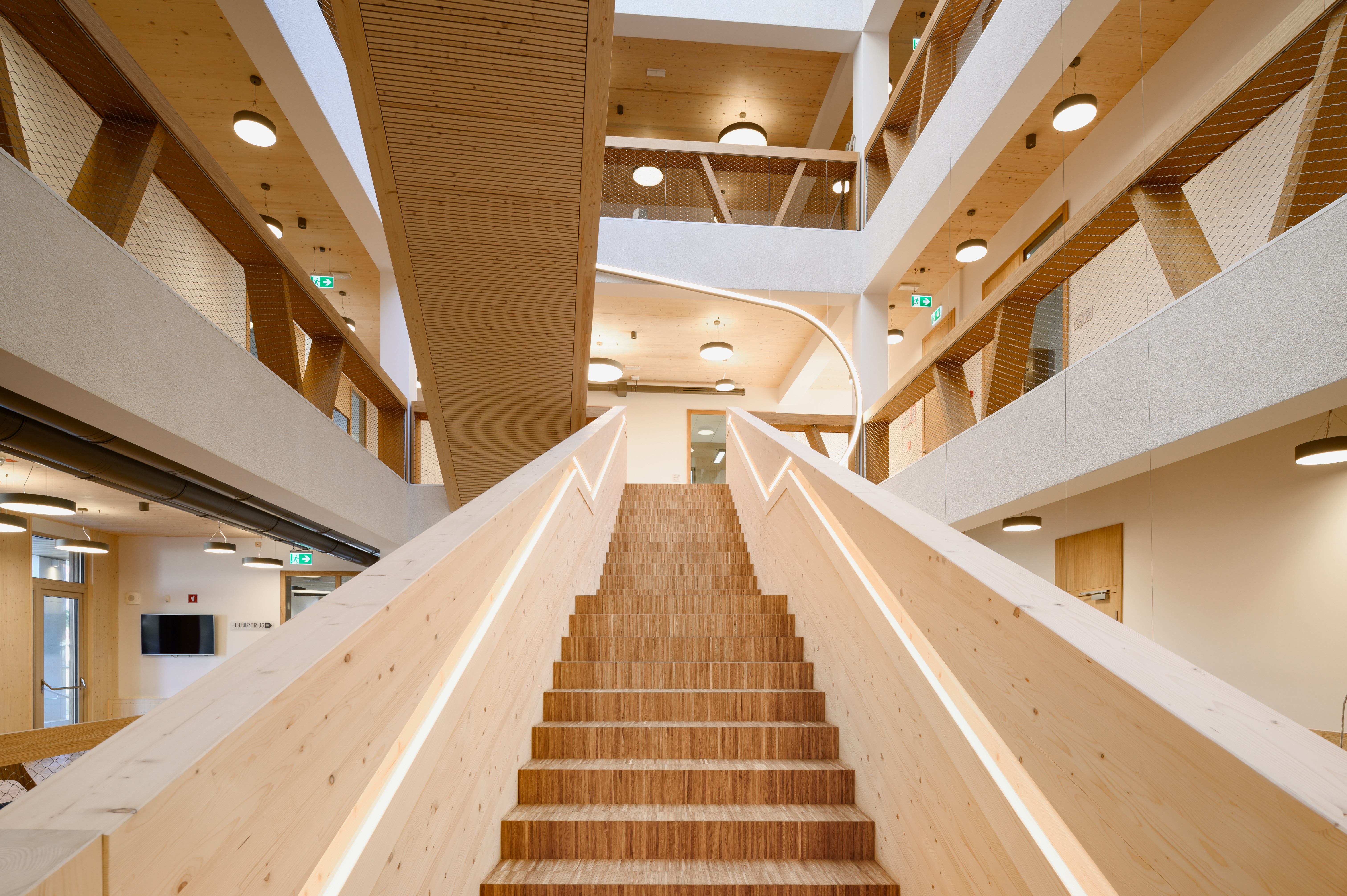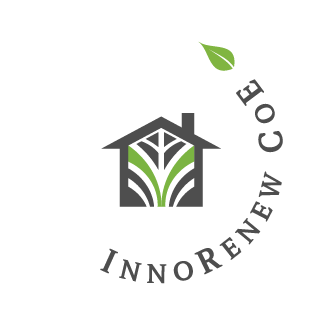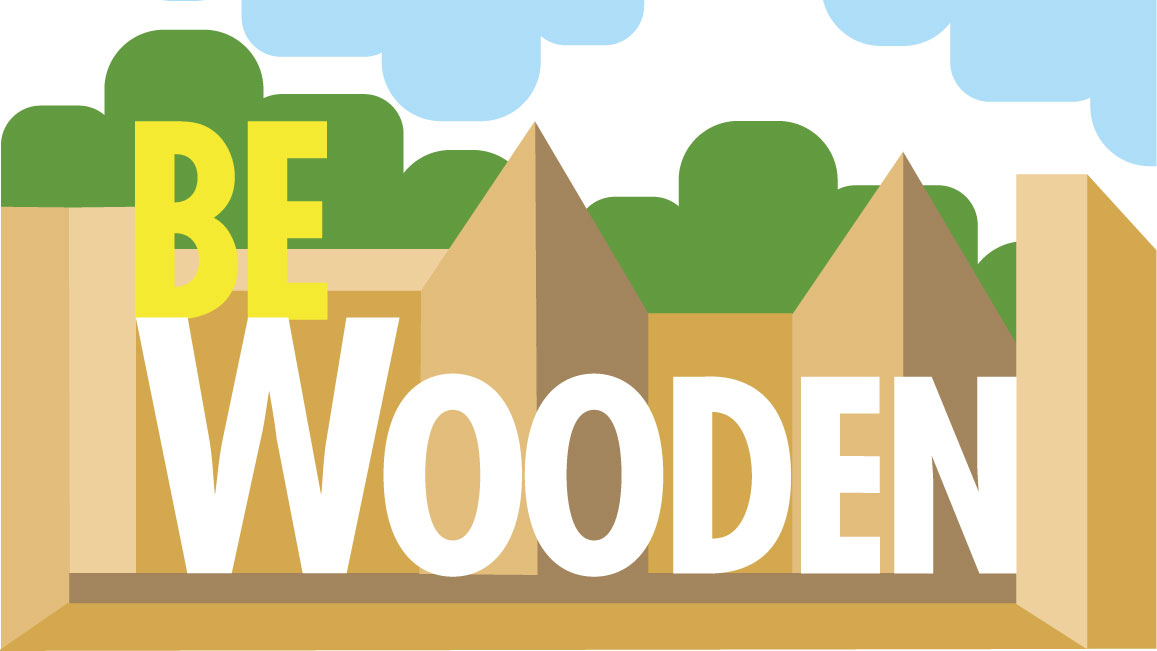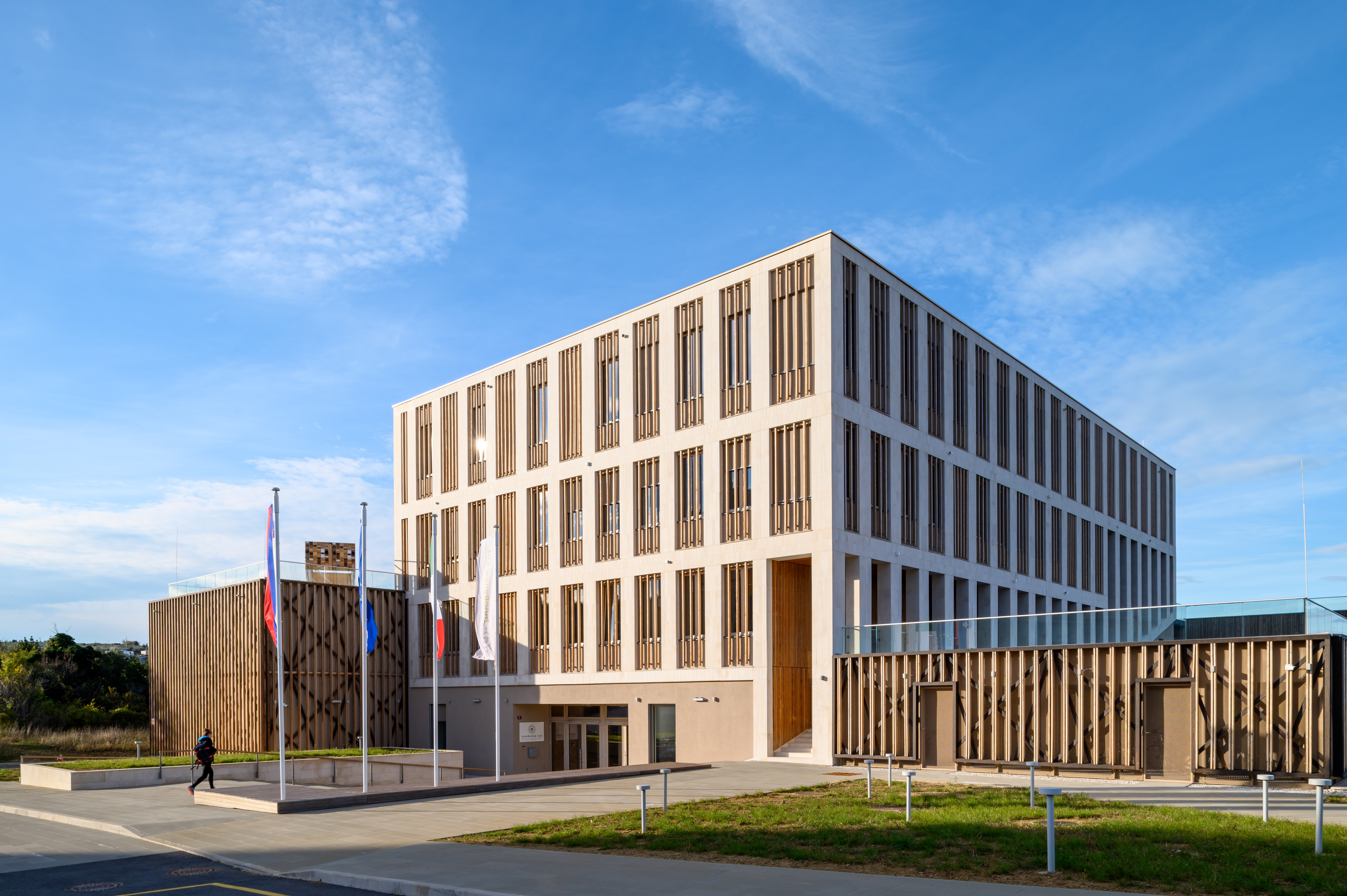
- PROJECT CODE: BI/BA-19-20-021, ARRS – Public call of international bilateral scientific cooperation between Republic of Slovenia and Bosnia and Hercegovina 2019 – 2020
- PROJECT TITLE: Perceptions of, competencies, capacities and possibilities for the implementation of environment- and human health-friendly living environments
- PROJECT TEAM: Andreja Kutnar, PhD (leader), Anna Sandak, Črtomir Tavzes, Balazs David, Laszlo Hajdu
- PERIOD: 01.15.2019 – 31.12.2022
- PARTNERS: InnoRenew CoE (Slovenia) and Institute for Protection and Ecology of the Republic of Srpska (Bosnia and Hercegovina)
- BUDGET: 2,000.00 EUR
- FINANCING: Slovenian Research Agency (ARRS)
All over the world, especially in south-east Europe, there is a clear lack of energy efficient buildings. This is not only detrimental from an economic perspective (40% of the total energy use and 30% of energy-related greenhouse gas emissions), but human health and well-being suffer when the built living environment is suboptimal as well. By using life cycle assessment (LCA), it has been shown that not only the energy in the use phase of a building is important, but that material extraction, transformation, construction, and ultimately demolition, reuse, and recycling also plays a large role. Environment- and human health-friendly living environments may be simply and efficiently constructed from wood (solid wood, engineered wood products, prefabricated construction, etc.) and other natural and renewable materials. Optimally, design and construction procedures would take into account the Restorative Environmental and Ergonomic Design (REED) paradigm principles. Both Slovenia and Bosnia and Herzegovina (BiH) possess capacities in research, education, training, and economy/industry to produce such buildings and built environments. However, the discrepancy between the possible capacities and market size, and relatively low number of good practice examples, is glaring. Investors are faced with significant difficulties in securing energy efficient buildings. There is a limited market offer addressing the challenge of sustainable construction and building impact due to the construction sector’s structural problems, such as limited capacity for innovation and networking. The InnoRenew CoE is eager to develop connections to south-east European research organisations and industry. This project will not only strengthen these connections but will build a stronger network of researchers and industry between the two countries. The expected impacts are: a better understanding of society and the market in both countries; better awareness of the population, industry, and policymakers of climate-related issues and the need to decrease energy and material use; ultimately, improved health and well-being of both countries’ residents; and better competitive position of the wood-based construction sector.
InnoRenew CoE project activities
- To ascertain the perception of different parts of society towards such construction (compare with the EU)
- To identify and study good practice examples, opportunities, and barriers in Slovenia (compare with BiH)
- To map research providers, education and training actors, public bodies, and industry (knowledge, competences, capacities)
- To propose a system for the identification of synergies and the exploitation of opportunities (research or commercial)



